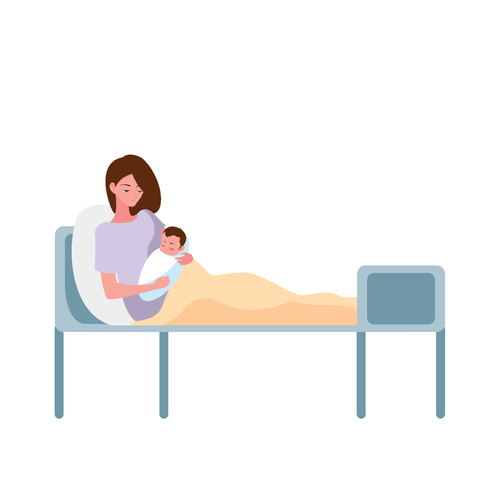Module 04:
Promoting Respectful Maternity and Newborn Care
Welcome to the fourth module in the ERMC course. This module has been developed to further your knowledge of the consequences of disrespectful care for women during labor and birth and ways to promote ERMC. A list of resource requirements to promote ERMC is also provided, as well as an example of a case scenario of providing ERMC. Finally, this module will end with a post-course completion survey that includes reflection on equity and respect in maternity care.
Module 04:
Promoting Respectful Maternity and Newborn Care
Welcome to the fourth module in the ERMC course. This module has been developed to further your knowledge of the consequences of disrespectful care for women during labor and birth and ways to promote ERMC. A list of resource requirements to promote ERMC is also provided, as well as an example of a case scenario of providing ERMC. Finally, this module will end with a post-course completion survey that includes reflection on equity and respect in maternity care.
Mutual Respect
Key Recommendations

MR1:
Actively listen to, acknowledge, and honor patient requests to the greatest extent possible. Avoid minimizing or discounting patients’ concerns and needs. Strategies for effective patient-centered communication will be covered later in this module.

MR2:
Use patient-centered communication techniques. Strategies for effective patient-centered communication will be covered later in this module.

MR3:
Encourage patients to plan ahead for health care visits, by suggesting writing down questions and topics ahead of visits to promote patient empowerment and ensure that the patient’s voice is heard.
Rationale

Providing respectful care and mutual respect for all patients, families, and healthcare team members should become a cultural norm; strong buy-in from key leadership, unit champions, social service providers, doulas, community health workers, and others can facilitate and accelerate this culture change.

When patients are ignored, or their concerns are discounted, they can feel dehumanized or like they are “a number” or even “like an animal or an object.” Mothers may feel that the caregiver is going through actions and processes by rote or “ticking the box” rather than providing individualized care.

Fear and miscommunication can lead to adverse maternal and newborn outcomes.